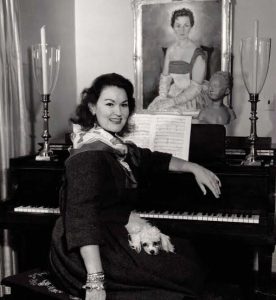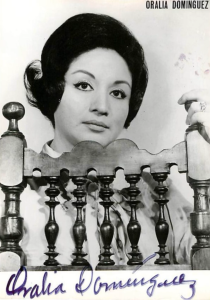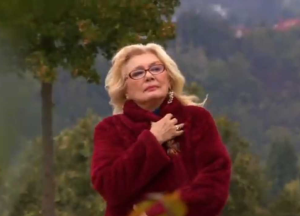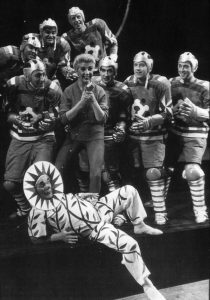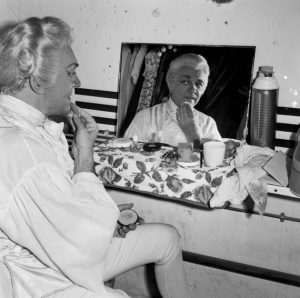Podcast: Play in new window | Download (Duration: 1:40:06 — 86.5MB) | Embed
Subscribe: Spotify | TuneIn | RSS | More
One hundred years ago today, Margaret Jean Roberts was born at the edge of a field before her parents could reach the hospital. The story of how she became Margherita Roberti, one of the leading dramatic sopranos in Italy, and a specialist in the music of Verdi, is a fascinating tale, indeed. My guest today on Countermelody is the author, scholar, and lecturer August Ventura, who a number of years ago unearthed a 1963 documentary entitled “In the Mouth of the Wolf” which features Roberti and her co-stars in Luisa Miller, the opening night of the season in Parma, facing off against a notoriously opinionated public that makes its strong opinions known in no uncertain terms. In 2014 Margherita gifted August with her personal copy of the film, the only known one in existence. My interview with August is supplemented with live recordings of Roberti which reveal her to be a superb singer, endowed with a glorious sense of the expansive Verdi line, a noble sense of utterance, and the vocal range and flexibility required to do justice to the heroines of Verdi’s early period.
Countermelody is a podcast devoted to the glory and the power of the human voice raised in song. Singer and vocal aficionado Daniel Gundlach explores great singers of the past and present focusing in particular on those who are less well-remembered today than they should be. Daniel’s lifetime in music as a professional countertenor, pianist, vocal coach, voice teacher, and journalist yields an exciting array of anecdotes, impressions, and “inside stories.” At Countermelody’s core is the celebration of great singers of all stripes, their instruments, and the connection they make to the words they sing. By clicking on the following link (https://linktr.ee/CountermelodyPodcast) you can find the dedicated Countermelody website which contains additional content including artist photos and episode setlists. The link will also take you to Countermelody’s Patreon page, where you can pledge your monthly or yearly support at whatever level you can afford.
